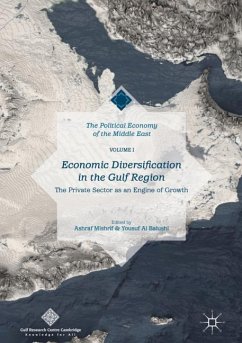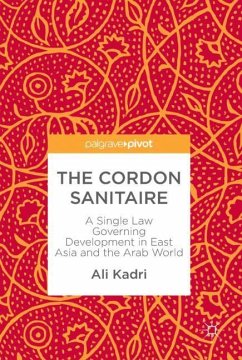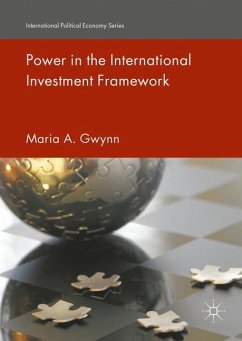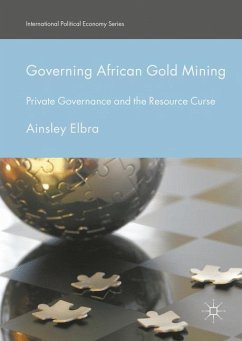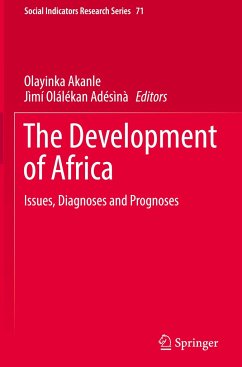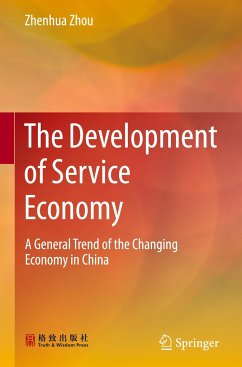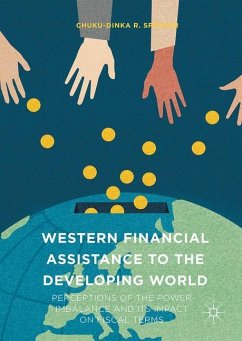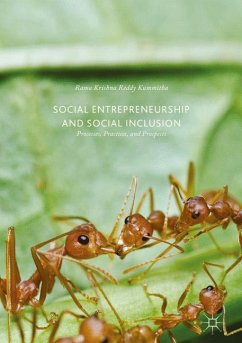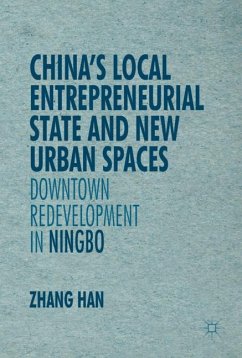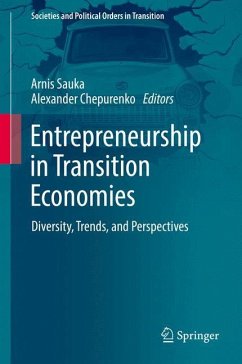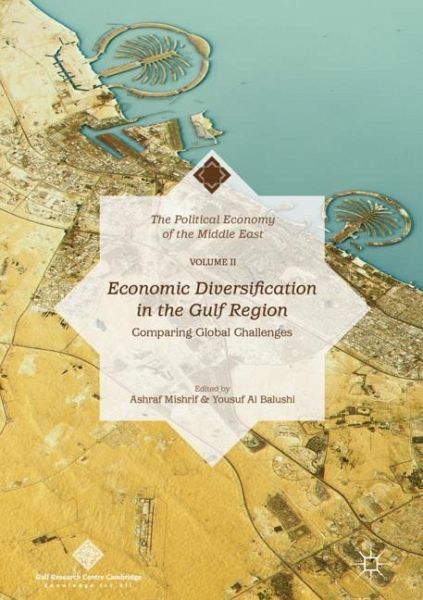
Economic Diversification in the Gulf Region, Volume II
Comparing Global Challenges
Herausgegeben: Mishrif, Ashraf; Al Balushi, Yousuf

PAYBACK Punkte
44 °P sammeln!
This volume explores the challenges to diversification in Gulf countries, which can no longer rely on profits from hydrocarbons to fund national expenditures. It elaborates on the problem of weak institutions, lack of coordination between policy makers and executors, limited investment in research and development, and a workforce that is too poorly skilled to compete in the private sector. In addition to analyzing issues in areas such as education, labor, business, and trade, the contributors underscore the importance of using global best practices to overcome fundamental weaknesses in the Gul...
This volume explores the challenges to diversification in Gulf countries, which can no longer rely on profits from hydrocarbons to fund national expenditures. It elaborates on the problem of weak institutions, lack of coordination between policy makers and executors, limited investment in research and development, and a workforce that is too poorly skilled to compete in the private sector. In addition to analyzing issues in areas such as education, labor, business, and trade, the contributors underscore the importance of using global best practices to overcome fundamental weaknesses in the Gulf Cooperative Council's economic structure that limit opportunities for economic diversification.
This is the second volume in Economic Diversification in the Gulf Region.
This is the second volume in Economic Diversification in the Gulf Region.



